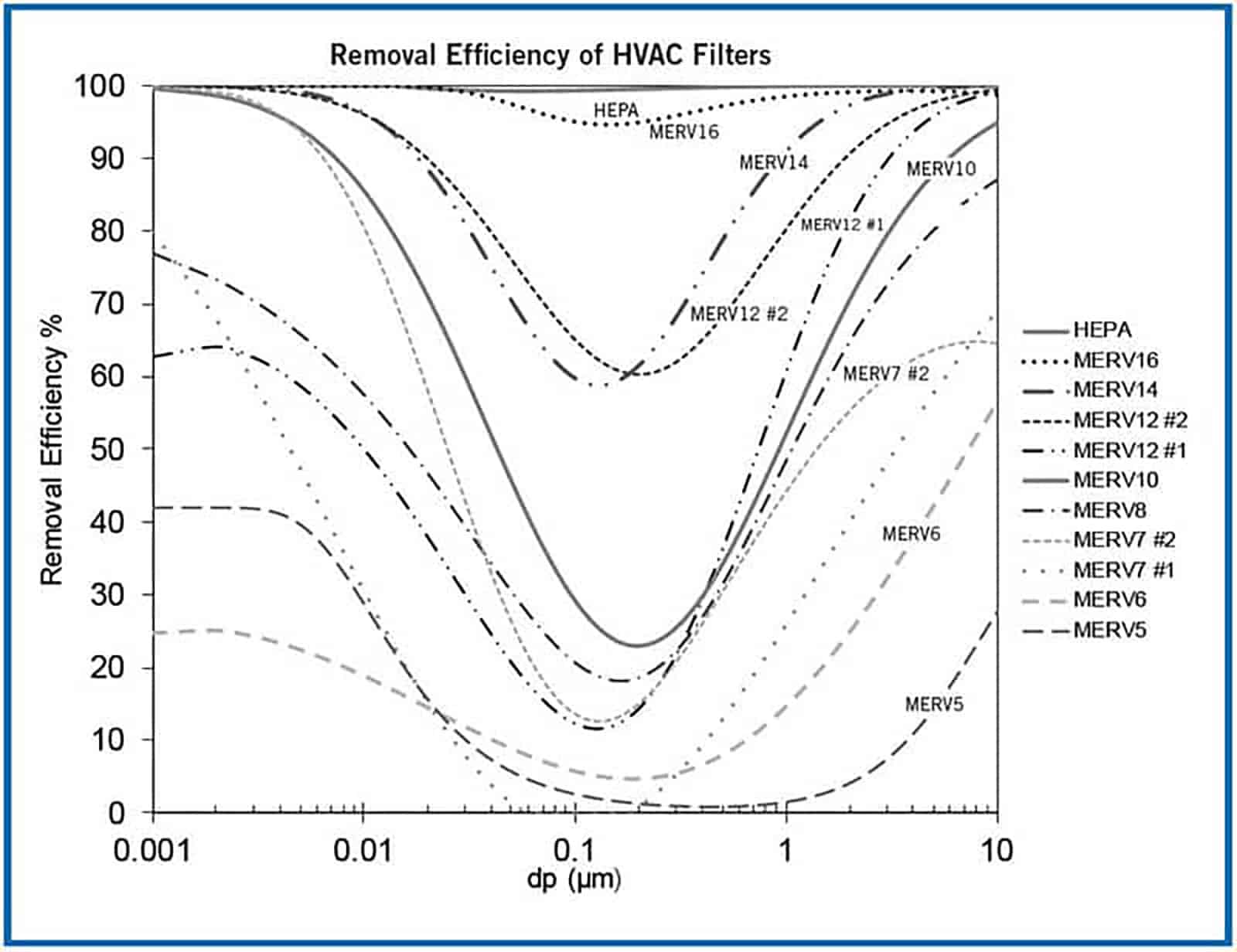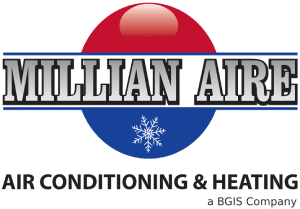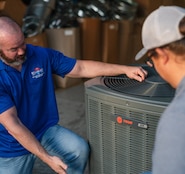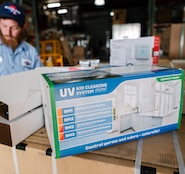There are a variety of filters that can be used to filter air in your home. They range from thin blue filters that we’re used to seeing in Home Depot to HEPA filters used in hospitals. These each have different benefits and different costs, and each person must decide which option is best for their needs. But what is the best filter for your home?
How Are Filters Measured?
The first thing to learn about filters is how they are measured. The most common scale a filter is judged on is known as MERV – Minimum Efficiency Reporting Value. This value ranges from 1 (least efficient) to 16 (most efficient). This judges the filter on removing 3 sizes of Particulate Matter (PM). “Coarse Particles” (10 μm to 2.5 μm), “Fine Particles” (2.5 μm to 1 μm) and “ultra-fine particles” (smaller than 1 μm). Coarse particles are usually caught in the upper respiratory tract and irritate eyes, nose, and throat, but don’t enter your lungs. Fine particles can be inhaled and penetrate deep into the lungs where they may cause acute or chronic health effects.
What Do The Filter Ratings Mean?
Filters with a score of 1-10 are not graded on their ability to remove ultra-fine particles. To remove those a filter must be graded at 11 or higher. MERV 13 and above require 50 % removal efficiency for ultra-fine particles.
Normal blue filters range between a MERV 1-4. These filters are mainly used for reducing dust build-up on an air handler or furnace and in the duct work. They are not effective at removing fine or ultra-fine particles.
Any filter should be matched with the ductwork it is using. If a filter is too thick, or dirty, it could cause excess stress on the system and lead to premature breakdowns. Increased air flow may be needed if you are using a higher MERV filter.
Removal Efficiency of HVAC Filters Graph

This image shows the efficiency of different levels of MERV filters and how efficient they are at removing particulates at different size levels.
What Filter Does Millian Aire Recommend?
From the standpoint of your health, Millian Aire wants you to have as high a MERV rating filter as possible. However, for the health of your system, we want to reduce the static pressure caused by thick pleated filters. To find the best of both worlds we suggest the Solace Air Electronic Air Filter.
The Solace Electric Air Filter we offer uses polarized media filters that cause particles that pass through to be charged with a positive pole and a negative pole. This causes them to connect to other particles as they recirculate through the home. As they come back through, they are larger and catch on the media filter – increasing the effectiveness of the filter.
Another advantage of the Solace Air Filter is that even though it operates at the equivalency of a MERV 14 filter, it does not cause the same strain on the system as a passive MERV 14 filter would. It is only an inch thick and allows air to pass through – reducing its effect on static pressure of the system.
To learn more about filtration and other Indoor Air Quality options, give the office a call.
For more information on filters – you can also read this paper published by the EPA




